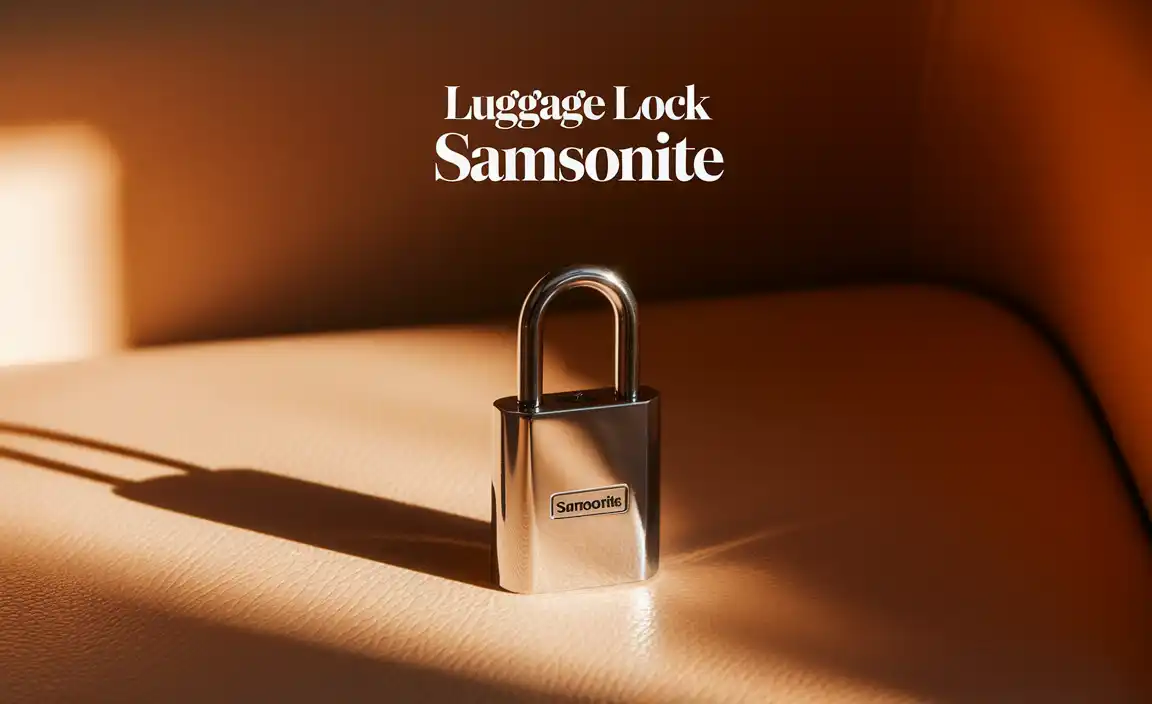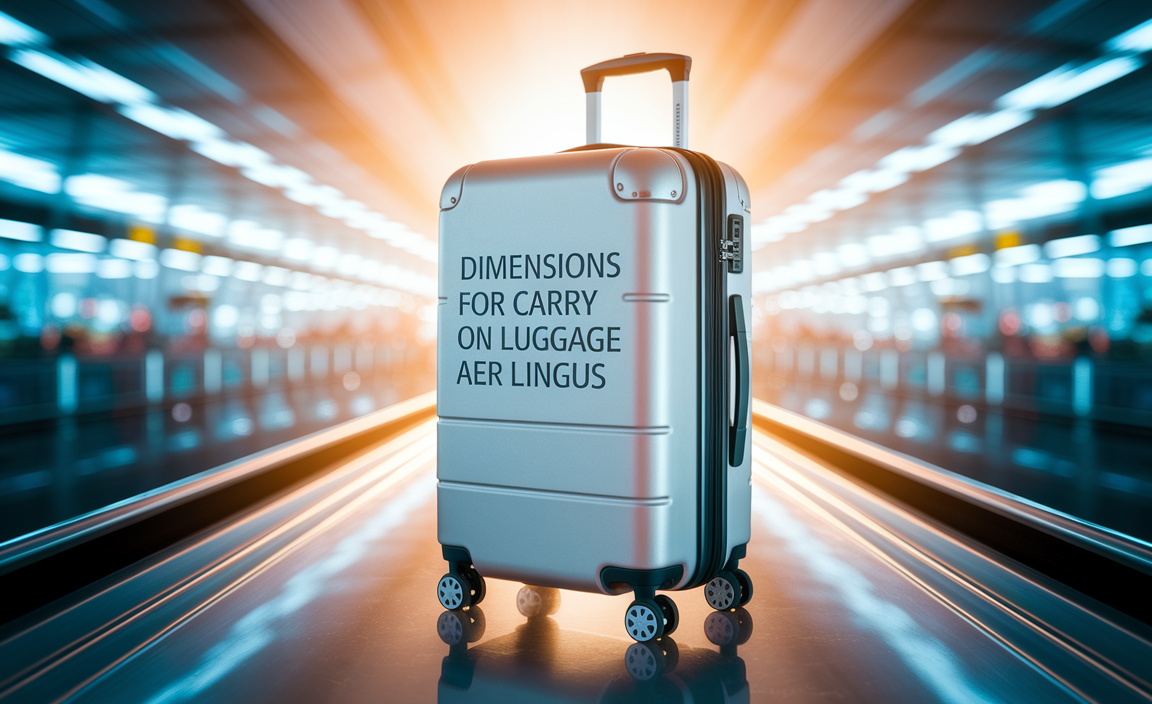Austria is remarkably safe for travelers. While no destination is entirely without minor issues, widespread dangerous “areas to avoid” in Austria are practically nonexistent for tourists. This guide focuses on understanding potential petty crime hotspots and highlighting overwhelmingly safe regions for a stress-free trip.
Planning a trip to Austria is exciting! You’re likely dreaming of majestic Alps, charming villages, and vibrant cities. Knowing where to go and what to expect helps make your journey smooth. Sometimes, travelers worry about specific places to steer clear of. But the good news is, Austria is one of Europe’s safest countries. We’ll explore how to identify any minor concerns and show you the best, most secure places to enjoy your Austrian adventure. Let’s make your travel planning simple and comfortable!
Understanding Safety in Austria
Austria consistently ranks high on global safety indexes. Violent crime rates are very low, especially concerning tourists. The country’s excellent infrastructure, strong social services, and efficient law enforcement contribute to this peaceful environment. Most visitors experience no safety issues whatsoever. However, like any popular tourist destination, opportunistic petty crime can occur, primarily in crowded areas. Understanding these minor risks allows you to travel with confidence.
Common Misconceptions vs. Reality
It’s easy to get worried by outdated information or sensationalized news. Austria doesn’t have vast neighborhoods that are dangerous for tourists in the way some other countries might. Instead, any “areas to be aware of” are typically specific locations within larger cities where pickpocketing or minor scams might be more common due to high foot traffic. These are usually well-known tourist spots, train stations, or busy public transport. Awareness, not avoidance, is key.
Petty Crime Hotspots & How to Stay Safeguarded
While Austria is incredibly safe, a little foresight goes a long way in preventing minor inconveniences like pickpocketing. These incidents are often crimes of opportunity and can be easily avoided with simple precautions.
Key Locations for Awareness:
- Major Train Stations: Vienna Hauptbahnhof (Central Station) and Salzburg Hauptbahnhof are busy hubs. Be mindful of your belongings, especially when navigating crowds or purchasing tickets.
- Crowded Tourist Attractions: Areas around famous landmarks like St. Stephen’s Cathedral in Vienna, Schönbrunn Palace, or the Hofburg Palace can attract pickpockets.
- Public Transportation: Trams and subways, particularly during peak hours, are places where pickpockets can blend in.
- Busy Markets: Christmas markets or bustling street markets are vibrant but can also be targets for opportunistic thieves.
Practical Safeguards:
- Keep Valuables Secure: Use a money belt, a secure cross-body bag, or a backpack worn in front in crowded areas. Don’t flash large amounts of cash or expensive electronics.
- Be Aware of Your Surroundings: Pay attention to who is around you, especially if someone seems overly friendly or is trying to distract you.
- Secure Your Bags: Never leave bags unattended, even for a moment, in public spaces like cafes or train platforms.
- Be Wary of Distractions: Scammers sometimes create diversions to distract victims. If something seems unusual, move away.
- Secure Accommodation: Always lock your hotel room door and keep valuables in the safe provided.
Safer Areas to Explore in Austria
The vast majority of Austria is exceptionally safe and welcoming. You can explore its diverse regions with peace of mind. Here’s a look at some of the safest and most enjoyable areas:
The Austrian Alps & Rural Regions
The mountainous regions and smaller rural towns are arguably the safest parts of Austria. Here, the sense of community is strong, and crime rates are almost non-existent. These areas offer breathtaking natural beauty and a chance to experience traditional Austrian life.
- Tyrol: Famous for its ski resorts like Kitzbühel, St. Anton, and Innsbruck, Tyrol is incredibly safe. The focus is on outdoor activities and alpine hospitality.
- Salzkammergut Lake District: This picturesque region, with towns like Hallstatt, Wolfgangsee, and St. Wolfgang, is a haven for nature lovers and offers a serene, secure environment.
- Carinthia (Kärnten): Known for its warm lakes and rolling hills, Carinthia is a very peaceful and family-friendly destination with low crime rates.
- Vorarlberg: Austria’s westernmost state offers stunning mountain scenery and charming villages. It’s renowned for its excellent quality of life and safety.
Smaller Austrian Cities & Towns
Beyond the major metropolises, Austria’s smaller cities and towns provide a charming and secure travel experience. You’ll find historic architecture, local culture, and a relaxed pace of life.
- Salzburg: While a popular tourist city, Salzburg retains a high level of safety and a relaxed atmosphere compared to larger capitals. The historic Old Town is generally very secure.
- Graz: Austria’s second-largest city is known for its student population, vibrant culture, and user-friendly layout. It’s a safe and pleasant place to explore.
- Innsbruck: Nestled in the Alps, Innsbruck is a beautiful city with a low crime rate. Its mountain setting adds to the feeling of tranquility.
- Linz: Located on the Danube River, Linz offers a blend of culture and industry. It’s a safe and accessible city for visitors.
Navigating Major Cities: Vienna & Beyond
Vienna, as Austria’s capital and largest city, is safe by international standards but naturally has more instances of petty crime due to its size and tourist volume. Understanding specific areas within Vienna can help you navigate it with the utmost confidence.
Vienna: Areas of Note
Vienna is a gem of a city, largely safe and easy to explore. However, like any major capital, it’s wise to be a little more aware in certain spots, primarily related to petty theft. These are not “dangerous” areas, but places where vigilance is recommended.
Vienna’s Inner City (Grüner U) During Peak Hours
- Stephansplatz & St. Stephen’s Cathedral: Extremely popular with tourists, a prime spot for pickpockets.
- Graben & Kohlmarkt: Luxury shopping streets, busy with pedestrians.
- Hofburg Palace area: High tourist traffic.
Busy Transport Hubs in Vienna
- Wien Hauptbahnhof (Main Train Station): A bustling transit point with many people passing through.
- Wien Westbahnhof: Another significant train station.
- Key Metro Lines (U-Bahn): Especially U1, U3, and U4 during rush hour, as crowds can provide cover for thieves.
Vienna: Overwhelmingly Safe Areas
Outside of the specific tourist hubs mentioned above, Vienna is incredibly safe. Neighborhoods like:
- The Museum Quarter (MuseumsQuartier): Even though it’s a cultural hub, it’s generally very safe and patrolled.
- Prater Park: While busy, it’s a family-friendly amusement park and public space where safety is of paramount concern.
- Residential Districts (e.g., Döbling, Wieden, Josefstadt): These areas are extremely safe and offer a glimpse into local Viennese life.
- Schönbrunn Palace Gardens: While the palace itself can be crowded, the vast gardens are typically very peaceful and safe.
Travelers with Specific Needs: Comfort & Security On-the-Go
As Michael C. Herrera from Journey Essentials, I know that travel comfort and security extend to personal needs. Whether you’re navigating a long flight, a day of sightseeing, or managing health requirements, feeling prepared is key. Austria’s excellent infrastructure supports all travelers.
Planning for Comfort
For individuals who require adult diapers or child diapers for extended travel, Austria’s modern facilities and services mean you can travel with minimal worry. Pharmacies (Apotheken) are widely available and carry a good range of personal care products. Major supermarkets and drugstores also stock essentials.
- Product Availability: You can find a variety of brands and absorbencies for both adult and child needs.
- Discreet Shopping: Purchases can be made discreetly in pharmacies or larger retail chains.
- International Chains: Many international brands are available, offering a familiar choice.
Tips for Stress-Free Journeys:
- Pack Appropriately: Bring a sufficient supply for the initial part of your trip, especially if you have very specific brand preferences.
- Utilize Local Resources: Know that if you run out, local pharmacies are a reliable resource.
- Stay Hydrated: Essential for everyone, especially when managing personal care needs.
- Plan for Rest Stops: Especially on road trips, plan for frequent breaks in well-lit, safe areas. Austria’s rest stops are generally very clean and secure.
International Travel and Diapering:
For international travelers, it’s always a good idea to check the specific regulations for importing personal medical supplies, though generally, personal quantities are allowed without issue. Most airlines are accustomed to travelers with these needs and can provide discreet assistance during flights, such as extra changing facilities or privacy screens. Always reach out to your airline in advance if you need to discuss specific requirements.
Table: Austria Safety Snapshot
This table provides a general overview. Remember that local conditions can always vary, but Austria scores very high overall.
| Aspect | Safety Level (General) | Notes |
|---|---|---|
| Violent Crime Rate | Very Low | Extremely rare for tourists. |
| Petty Crime (Pickpocketing, Scams) | Low to Moderate (in specific tourist areas) | Concentrated in crowded city centers and transport hubs. Awareness is key. |
| Terrorism Risk | Low | Standard European precautions apply, but no specific elevated threat. |
| Road Safety | High | Excellent road infrastructure and driving laws. |
| Healthcare Access | Excellent | High-quality medical facilities and trained professionals. |
| Natural Disasters | Low | Minor risk of flash floods or avalanches in mountainous areas during specific seasons. Standard travel insurance is recommended. |
Table: Comparing City Safety Levels
This comparison focuses on the general perception and likelihood of encountering petty crime. Again, individual experiences can vary.
| City | Overall Safety | Likelihood of Petty Crime | Key Tourist Areas to Note |
|---|---|---|---|
| Vienna | High | Moderate (in specific tourist locations) | Inner City (Stephansplatz), Main Train Stations, Busy Metro Lines. |
| Salzburg | High | Low | Old Town (during peak hours). |
| Innsbruck | Very High | Very Low | General awareness in train station and main pedestrian areas. |
| Graz | Very High | Very Low | General awareness in Main Square (Hauptplatz) and transit points. |
| Alpine Villages (e.g., Hallstatt, St. Anton) | Extremely High | Virtually Non-existent | Not applicable. |
Essential Resources for Travelers
Staying informed is part of smart travel. Here are some authoritative resources that can provide additional information and support:
- Austrian National Tourist Office: Your official source for travel information, safety tips, and destination guides. Visit Austria.info.
- Austrian Ministry of Interior (BMI): For official statistics and safety information, you can explore their site, though much of it is in German. General safety information regarding travel to Austria is usually available in English through other governmental tourism sites.
- Your Embassy or Consulate: Registering your travel with your country’s embassy in Austria can be beneficial in case of emergencies. Check your government’s foreign travel advice website (e.g., the U.S. Department of State travel.state.gov).
- Local Emergency Numbers: In Austria, the general emergency number is 112. For police, it’s 133, and for fire, it’s 122.
Frequently Asked Questions (FAQs)
Is Austria generally safe for solo female travelers?
Yes, Austria is considered very safe for solo female travelers. Violent crime is rare, and petty crime is manageable with standard precautions. Most women find Austria to be a comfortable and secure destination for solo exploration.
Are there any areas in Vienna that tourists should genuinely avoid?
No, there are no areas in Vienna that tourists should “avoid” altogether. However, like any major city, it’s wise to be extra vigilant in very crowded tourist spots and on public transport due to the slight risk of pickpocketing. Awareness is more important than avoidance.
What are the biggest risks for tourists in Austria?
The biggest risks for tourists are minor inconveniences such as pickpocketing and occasional scams targeting tourists. These are typically opportunistic and easily preventable with basic safety measures.
Is it safe to use public transportation in Austria?
Yes, public transportation in Austria, including trains, trams, and subways, is very safe and efficient. The main precaution is to be aware of your belongings in crowded situations to prevent pickpocketing, especially during peak hours.
Are scams common in Austria?
Scams are not rampant in Austria, but as in any tourist destination, you might encounter petty scams. These often involve attempts to distract you to steal something or overly insistent street vendors. Trust your instincts and avoid overly complex or unsolicited offers.
What should I do if my belongings are stolen?
If your belongings are stolen, report it immediately to the local police. Obtaining a police report is often necessary for insurance claims. Contact your embassy if you lose your passport. Keep copies of important documents separately from the originals.
Is Austrian tap water safe to drink?
Yes, Austrian tap water is of excellent quality and perfectly safe to drink. It adheres to strict health standards, and you’ll find it refreshing throughout the country. Carrying a reusable water bottle is a great way to stay hydrated and reduce waste.
Conclusion
Austria stands out as a destination where safety and tranquility are the norm. While no place is entirely without minor risks, the chances of encountering serious trouble as a tourist are exceptionally low. By staying aware of your surroundings in high-traffic tourist areas and on public transport, you can easily navigate any potential for petty crime. The overwhelmingly safe and welcoming nature of Austrian cities, towns, and the stunning alpine regions means you can focus on soaking in the culture, history, and breathtaking landscapes. From the cultural richness of Vienna to the serene beauty of the Salzkammergut, Austria offers a truly secure and memorable travel experience for everyone, no matter their personal needs. Pack your bags with confidence, and get ready to enjoy the wonders of this beautiful country!



